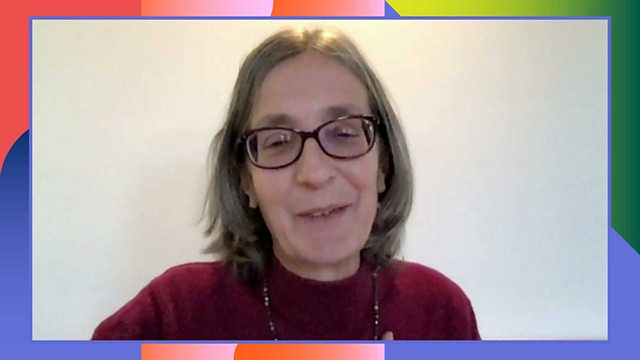
Helen Pankhurst: вҖҳDo we want to live in a democracy where citizens are silent?вҖҷ
The descendent of the suffragette leader on protest proposals in the new policing bill.
Dr Helen Pankhurst, the activist and descendent of the suffragette leader, has told Emma Barnett on WomanвҖҷs Hour about her disapproval of the protest proposals in the Police, Crime, Sentencing and Courts Bill being debated in the House of Lords on Monday.
The Police, Crime, Sentencing and Courts Bill is a mammoth piece of legislation that includes major government proposals on crime and justice in England and Wales.
An eye-catching part of the bill covers changes to protests - which will be the focus of Monday's debate.
As it stands, if the police want to place restrictions on a protest, they generally have to show it may result in "serious public disorder, serious damage to property or serious disruption to the life of the community". They can also impose specific measures on the routes of marches.
But if this Bill goes through, police chiefs will be able to put more conditions on static protests. They will be able to impose a start and finish time and set noise limits. They can apply these rules to a demonstration by just one person. A person can be fined up to ВЈ2,500, if they refuse to follow police directions over how they should conduct their protest.
A ГЫСҝҙ«ГҪ Office spokesperson said: вҖңFreedom to protest within the law is a fundamental part of our democracy, but the police must swiftly deal with the selfish minority of protestors whose actions endanger the public, jeopardise security or stop people going about their lives. That is why the Police, Crime, Sentencing and Courts Bill will equip the police with further powers to strengthen their response.
вҖңThese new measures will not stop people from carrying out their civic right to protest and be heard, but will prevent large scale disruption вҖ“ enabling the silent majority to get on with their lives.вҖқ
Duration:
This clip is from
More clips from Woman's Hour
-
![]()
Learning an Irish accent 'made me feel all delicious'
Duration: 01:05
-
![]()
'I made a conscious decision to be confident'
Duration: 01:03
-
![]()
'WeвҖҷve got three generations of our family at Glasto!'
Duration: 01:24
-
![]()
Rosie Jones: вҖҳBeing disabled is not a personalityвҖҷ
Duration: 01:54





